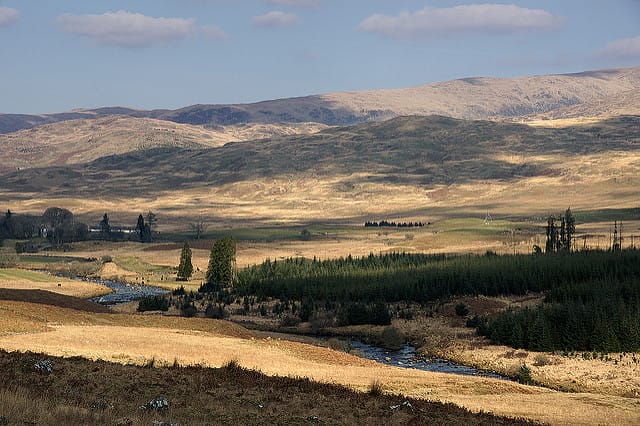The balance to be struck between ‘decluttering’ the landscape of Government agencies and facilitating economic rehabilitation can be seen in the South of Scotland Enterprise Bill, argues Aidan Reid.
Support for businesses comes in many forms in Scotland. Depending on location, sector and size, there are all manner of agencies that might provide financial support and advice. In a recent report, the Economy, Energy & Fair Work Committee argued this was confusing for business owners and members argued for clearer criteria to direct support. Such recommendations have been made before and since by various business groups. At a time when Government funds are scarce and the margins between success and failure for businesses are thin, it seems a sensible approach.
In the same report, members supported the creation of a new enterprise agency for the south of Scotland and the proposal is now being taken forward in legislation. The optimism of witnesses for such an agency was highlighted throughout the report, as were hopes a new evidence-based model can be implemented and tested through it, rather than through already established agencies. The Rural Economy & Connectivity Committee’s Stage 1 scrutiny of the South of Scotland Enterprise Bill is expected to lead to a generally positive report in favour of the agency’s creation, with its engagement with local communities finding approval.
So why the support for what might be simply more ‘clutter’ for businesses to navigate? The south of Scotland struggles with the combination of former industrial towns and tracts of remote and disconnected rural land needing both digital and transport upgrades. In short, it faces a microcosm of the difficulties faced across Scotland. It is also a region of towns, lacking a true capital to focus investment and educational opportunities for young people. This means young people are likely to move north to the central belt for jobs and further education. This leaves behind lower paid jobs and less reason for the private sector to invest, all issues highlighted in evidence to the Committee’s inquiry into the Bill. Supporters of a new regional agency have also pointed to the success of HIE.
The Government tested this desire for a regional agency by launching a consultation. The main result was that 90% of respondents backed the idea. Rather than merely providing economic support, the consultation framed the agency as a response to years of neglect, in a similar vein to HIE. This vision was reflected in the aims for the agency set out in the subsequent Bill. It is not just the economic development which this agency will concern itself with, but social and the environmental development as well.
These ambitions were highlighted by Fergus Ewing last week when giving evidence to the Rural Economy & Connectivity Committee. Members wanted to know how the proposed agency would achieve its aims, with the focus being on whether Ayrshire would miss out and ensuring the agency was guided by local engagement.
It appears likely the South of Scotland Enterprise Bill will pass with cross-party support. For those seeking an economic revival in the south of Scotland, it is crucial the agency becomes a foundation block for business support and economic development, rather than just another layer of bureaucracy.



